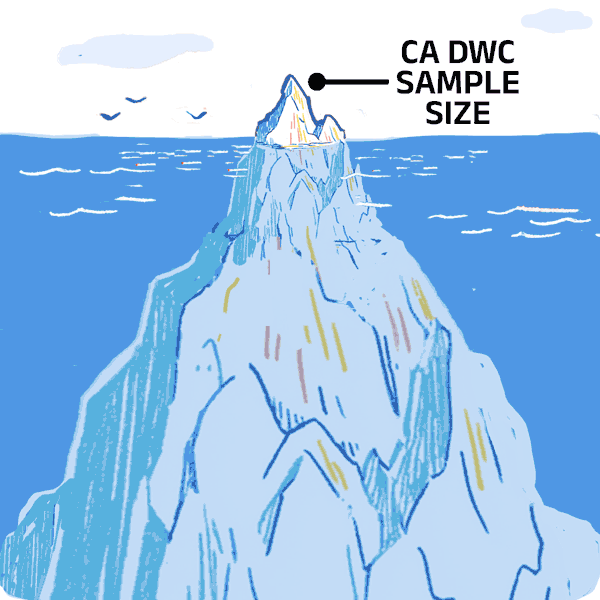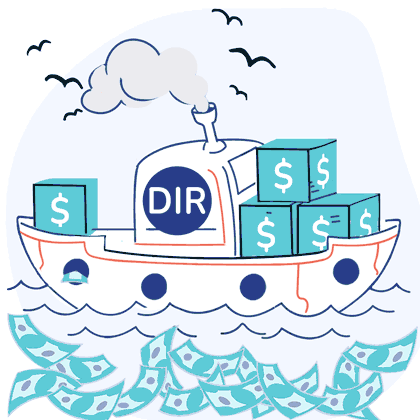Authorization 2018: New Billing and RFA Deadlines

The new “fast-track” automatic authorization process took effect on January 1, 2018. Under certain circumstances, some providers may provide “automatically” authorized treatment without submitting a prospective Request for Authorization (RFA). Of course, this new process is subject to new rules and conditions — including new deadlines for submitting an RFA and for submitting the corresponding billing.
We’ll be hosting a comprehensive free webinar on fast-track authorization in the coming weeks. Until then, we’re detailing the new procedure in this blog series.
Today, we explore the timeframe requirements for all fast-tracked treatments.
New RFA Timeframe Requirements
In our last fast-track entry, we explained the 6 qualifying conditions that make a given treatment eligible for automatic authorization. We also promised to explain why this new authorization isn’t as “automatic” as the term implies. In fact, providers still need to submit a compliant RFA, even for fast-tracked authorized treatments.
What’s changed is when the RFA is due.
The new Labor Code § 4610, as revised by Senate Bill 1160, lays out the timeframe requirements that took effect on January 1. According to the code, providers must submit a compliant RFA within 5 days of the date of service. Providers must also continue to submit a Doctor’s First Report of Occupational Injury or Illness (DLSR 5021) within 5 days of treatment.
The regulations do not specify, but presumably the RFA is considered a retrospective RFA where the treatment automatically authorized. If the Division of Workers’ Compensation promulgates further regulations to clarify this (for the sake of response timeline requirements), we will let our readers know.
New 30-Day Billing Deadline
Crucially, the revised § 4610 also mandates a new, shorter billing deadline for fast-tracked authorized treatments. Providers must submit their original bills within 30 days of any automatically authorized treatment. That is a much, much shorter timeframe than bills for conventionally authorized treatments, for which bills must be submitted within 12 months.
The regulations do not specify that bills submitted after 30 days are void, but we strongly suggest providers adhere to this requirement.
For quick and easy reference regarding fast-track automatic authorization timeframe requirements, use this chart:
Fast-Track Automatic Authorization Timeframes
Action |
Timeframe |
Submit DLSR 5021 |
Within 5 days of treatment |
Submit RFA |
Within 5 days of treatment |
Submit Original Bill |
Within 30 days of treatment |
As we move forward into 2018, we’ll keep readers up to speed on every development in the implementation of this new process. As fast-track automatic authorization takes effect on the ground, we’ll be here to help guide work comp professionals, as always.
For now, download our Fast-Track UR webinar.
Download Automatic Authorization Webinar
DaisyBill provides content as an insightful service to its readers and clients. It does not offer legal advice and cannot guarantee the accuracy or suitability of its content for a particular purpose.



.gif)